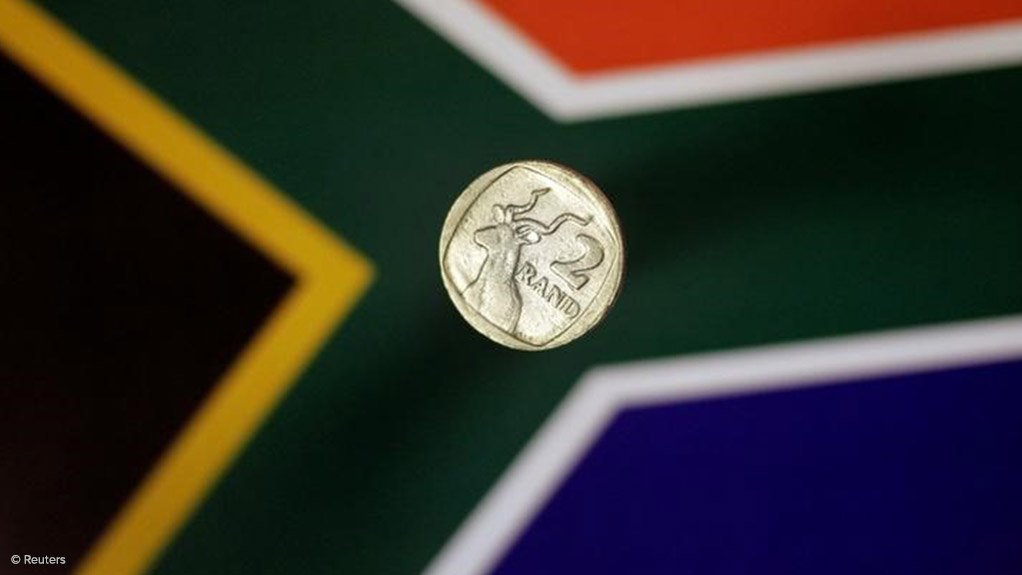South Africa’s economy is set to forge an upward path this year after misfiring for more than a decade, boosted by steps to address growth constraints and higher consumer spending, according to top-ranked analysts.
Economists surveyed by Bloomberg expect growth of 1.7% this year, compared with 0.7% estimated for 2024 and less than 1% on average in the prior 10 years.
The economy has “a credible prospect of stabilization” after many years of deterioration, said Elna Moolman, head of South Africa macroeconomic research at Standard Bank Group.
Factors conducive to growth include political cooperation through a coalition government formed by the African National Congress after it lost its outright majority in elections last year. Lower interest rates, higher levels of fixed investment and the ongoing improved performance of the country’s electricity, transport and logistics sectors will also have a positive impact, said Kenneth Creamer, an economist at Wits University in Johannesburg.
Economists expect the central bank to lower interest rates by 50 basis points to 7.25% in the first quarter with inflation seen remaining below the 4.5% midpoint of its target range. That would total 100 basis points of cuts since its easing cycle started in September, and could add 30 basis points to economic growth as consumer spending increases, said Reezwana Sumad, a senior research analyst at Nedbank CIB.
Still, expansion of 1.7% won’t be enough to reduce one of the world’s highest poverty and unemployment rates. The figure is slightly above population growth of 1.3% and almost equivalent to the labour market expansion rate.
Pivotal Year
This year will be pivotal to South Africa achieving faster growth, Moolman said. “We’ll get a sense of whether we are too optimistic in thinking that we are working toward a higher growth rate or not.”
South Africa will need the coalition government to hold and continue with the reforms it’s started instituting for that to happen.
“We need continued electricity reform, continued electricity supply certainty and we need water infrastructure to be upgraded,” said Sumad. The snarl ups at the ports and rail authority Transnet need to be fixed and there needs to be policy reform, such as the country had with visas last year, she said.
In October, South Africa’s Department of Home Affairs announced major changes to work-permit regulations to attract more professionals to its skills-starved economy and grow the tourism industry.
“If we implement all of the reforms and we get a proper private sector response, then we can start thinking about growth rates that are enough to properly reduce unemployment and reduce government debt,” said Moolman.
South Africa faces several risks to accelerating growth. Domestically, they include the parlous state of local government finances, which are constraining planning and investment processes in many areas, low State capacity and procurement corruption, said Creamer.
Internationally, challenges exist in weak growth in China, South Africa’s biggest trading partner, the Federal Reserve’s go-slow approach to further rate cuts and US President-elect Donald Trump’s pledge to introduce inflationary policies such as tariff increases.
“We must make no mistake about how big of an impact US elections have been and will be in terms of Trump’s first year,” said Sumad. It may result in large businesses in South Africa and other parts of the world holding back on investment to see what type of agenda the US is going to be bring, she said.
Still, “we are cautiously optimistic for this year,” Sumad said.
EMAIL THIS ARTICLE SAVE THIS ARTICLE
To subscribe email subscriptions@creamermedia.co.za or click here
To advertise email advertising@creamermedia.co.za or click here











